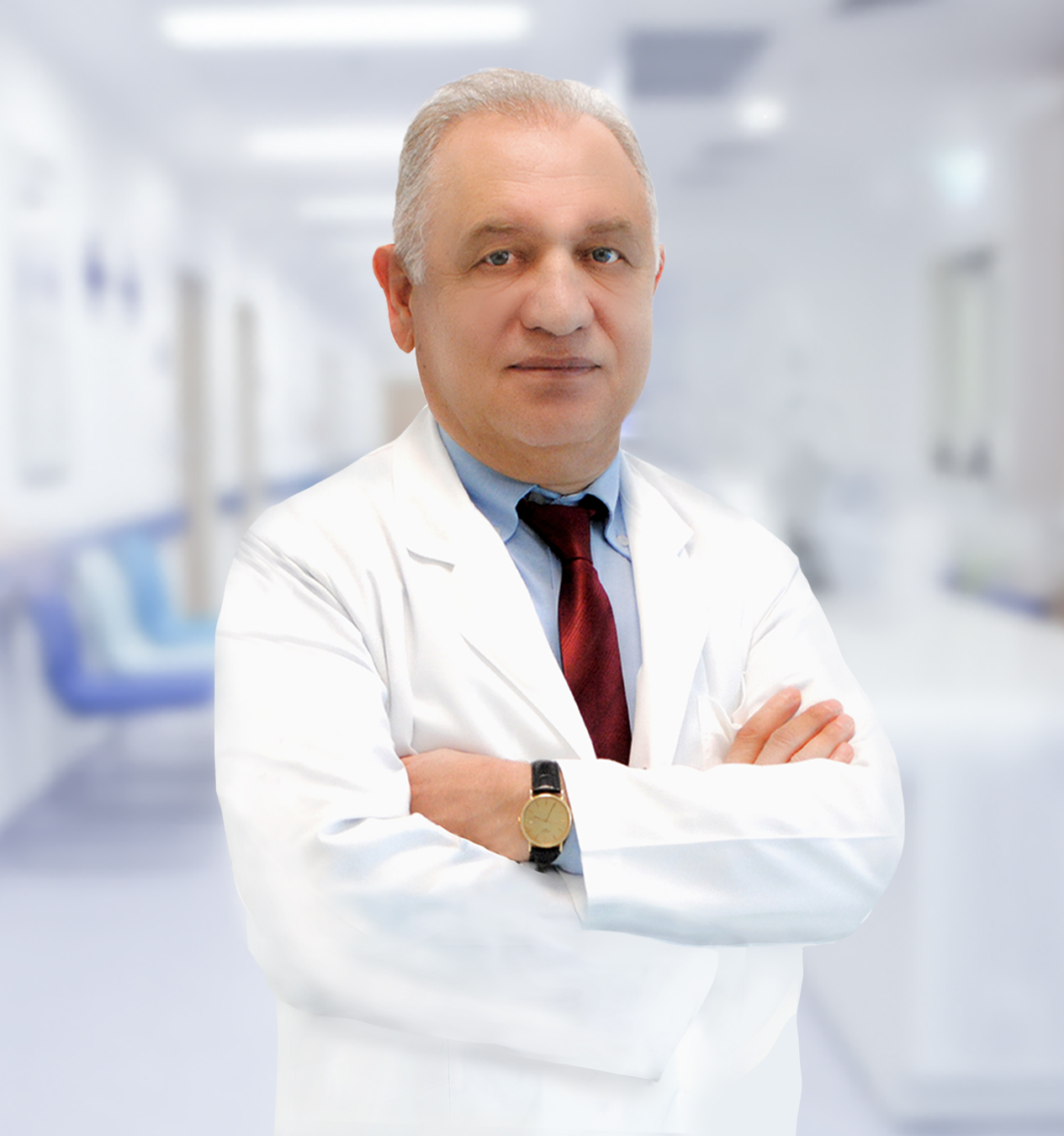Alo Yeditepe
Alo Yeditepe
Does Breast Cancer Risk Decrease During Pregnancy and Breastfeeding?
Yeditepe University Koşuyolu Hospital General Surgery Specialist Prof. Dr. Köksal stated that the general acceptance that women who give birth and breastfeed have a reduced risk of developing breast cancer is misleading.
Yeditepe University Koşuyolu Hospital General Surgery Specialist Prof. Dr. Neşet Köksal stated that breast cancer can be seen during pregnancy, albeit rarely, and that breast cancers diagnosed within the first year following pregnancy are also considered pregnancy breast cancers. Pointing out that there is a delay in diagnosis due to the fact that the breasts are more swollen than normal for various reasons in pregnant or breastfeeding women, Köksal emphasized that those with a family history of breast cancer should definitely have regular check-ups.
Köksal said, “The general acceptance that women who give birth and breastfeed have a reduced risk of developing breast cancer often misleads women during these periods. As a result of this misconception, the survival rate for pregnant and lactating women with breast cancer is unfortunately lower than for non-pregnant women due to delayed diagnosis.”
Pointing out that according to studies, there is a delay of 5 to 15 months between the onset of symptoms and diagnosis in pregnant or lactating women compared to non-pregnant women, Köksal made the following statements:
“Because of this delay in diagnosis, breast cancer is usually diagnosed at a later stage than in non-pregnant women, which reduces survival. There is no difference in survival between pregnant and non-pregnant patients with early-stage breast cancer. For this reason, a general surgery specialist should be consulted in a suspicious situation in the breast during pregnancy. If the diagnosis of breast cancer is made within the first three months of pregnancy, the physician and the patient should evaluate whether the pregnancy can be continued or not and the treatment should be planned accordingly. If it is necessary to start chemotherapy immediately, the pregnancy may need to be terminated and treatment such as non-pregnancy breast cancer is planned.”
Prof. Dr. Neşet Köksal stated that the approach to breast cancer during pregnancy, such as non-pregnancy-related breast cancer, is determined by the size of the tumor, the region, and the stage of cancer, but the treatment planning is different and more complicated due to pregnancy and baby and gave information about the treatment approaches in breast cancer that can be seen during pregnancy.
Diagnosis Can Be Made Late During Breastfeeding
Prof. Dr. Köksal said, “It is more difficult to evaluate the breast with examination and radiological imaging and to diagnose the changes that may occur during the breastfeeding period. This may lead to missed breast cancer and late diagnosis. For this reason, breast examination should be performed before pregnancy in those who are planning pregnancy, examination findings should be recorded, and baseline mammography should be performed to help those in the appropriate age group in later changes.”
Stating that breast inflammations and breast abscesses are mostly seen during breastfeeding, Köksal continued as follows:
“When faced with breast inflammations or breast abscess that do not respond to treatment, palpable breast mass, non-healing sores on the nipple, or recurrent bloody nipple discharge, auxiliary diagnostic methods should be applied. Due to the denser mammary glands, ultrasound or MRI should be used in these cases, since mammography cannot be helpful enough during breastfeeding.”
Emphasizing that biopsy studies may be delayed due to the risk of developing milk fistula during breastfeeding and this may cause a delay in the diagnosis of breast cancer, Prof. Dr. Neşet Köksal made the following statement: “Breastfeeding is important for the health of the baby and is the strongest form of communication between mother and baby. However, breastfeeding should be avoided in situations that may harm the baby. If chemotherapy is received, the baby should not be breastfed, as the medications will pass into the milk.”
Pointing out that they do not recommend breastfeeding during hormone therapy and that mothers can breastfeed their babies with peace of mind after the treatment is completed, Köksal said, “Another question about breast cancer is whether it is possible to breastfeed after breast surgery. Although the amount and quality of milk produced by the breast is not sufficient, it is possible to breastfeed normally after breast-conserving surgery.”
Press Coverage: azetevatan.com | sabah.com | yeniakit.com | aksam.com | aa.com | gazetebirlik.com
About
Faculty and Year of Graduation:
Ege University Faculty of Medicine, 1980
”
See Also
- Does Secondhand Smoke Increase the Risk of Breast Cancer?
- What is Gallbladder Surgery?
- Colorectal Cancers and Treatment Methods
- Patched Solution for Umbilical Hernia
- What are the Symptoms and Treatment Methods of Cirrhosis?
- Breast Cancer Diagnosis and Treatment Methods
- 3 Major Developments Shaping Treatment in Colon Cancer
- Can Weight Loss Despite Not Dieting Be a Sign of Cancer?
- Serious Risk Factor for Colon Cancer: Heredity
- He Came to Turkey to Get Rid of the Colostomy Bag
- Breast Cancer Incidence Age Is Decreasing Day by Day
- Age of Breast Cancer Prevalence Falls, yet Mortality Declines
- Liver Cancer (Tumor) and Treatment
- Gallbladder Stones
- What Is Appendicitis?
- Questions About Gastroenterology Surgery
- What are the Types of Obesity Surgeries?
- Questions About Obesity Surgery
Alo Yeditepe





